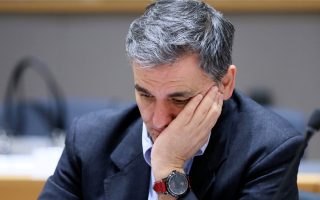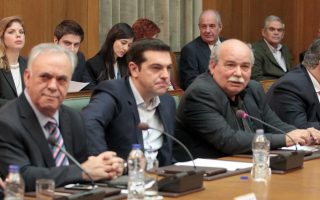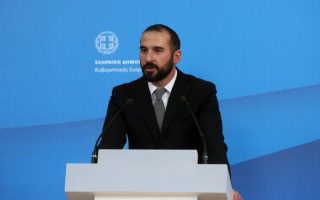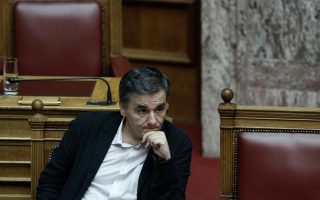As Greek PM mulls options, IMF report looks at what went wrong
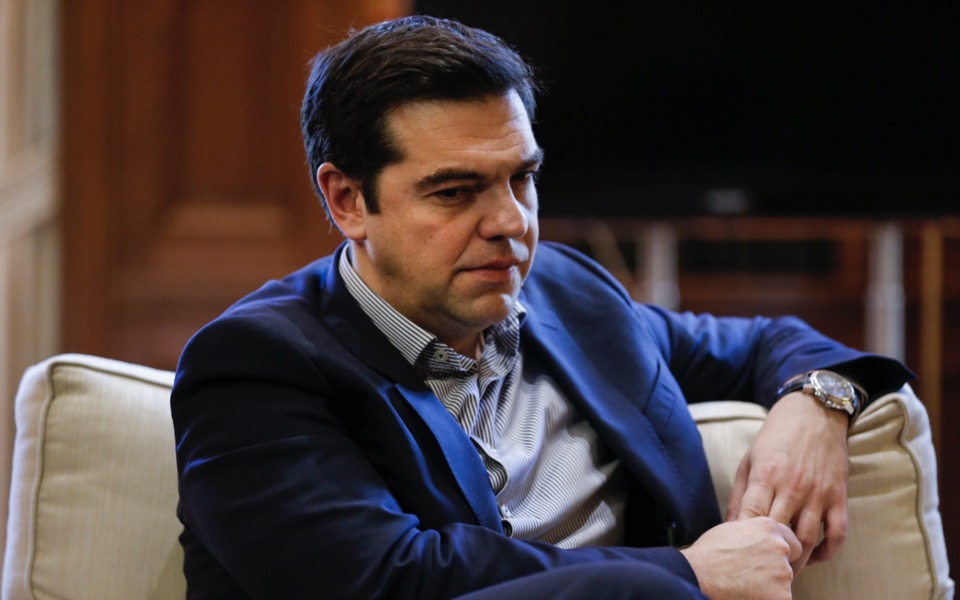
A confidential report prepared by the International Monetary Fund and seen by Kathimerini sets out the conditions under which the Washington-based organization could participate in the Greek program, which includes further structural reforms in Greece and substantial debt relief.
The report is to be discussed by the IMF’s executive board on February 6, when officials will also review the latest debt sustainability analysis (DSA) put together by the Fund’s experts.
The 38-page document looks back at the IMF’s involvement in the second Greek program, from 2012 to 2016, and pinpoints some of the errors made in the past, including ambitious reform targets and excessive recovery expectations. The authors note that the second program encountered problems due to political instability and vested interests in Greece.
The report underlines that for the Fund to participate in the current Greek program, there has to be a clear commitment to provide debt relief and that Athens has to implement a series of reforms, including in the banking sector and labor market. It also calls for a widening of the tax base.
The contents of the report were made known to the other institutions ahead of last Thursday’s Eurogroup, where Finance Minister Euclid Tsakalotos came under pressure from the lenders regarding the adoption of measures that will apply from 2019 onwards.
Although Athens insists that it does not intend to ask Parliament to vote for any more measures, sources suggest that one of the options being considered by Prime Minister Alexis Tsipras is to agree to the lowering of the tax-free threshold for incomes to 5,000 euros. This could lead to extra revenues of some 2.8 billion euros, covering the fiscal gap that the IMF estimates after the end of the current program in 2018.
The coalition hopes that if it agrees to vote through this measure it will not have to adopt the pension cuts that the Fund has also asked for. Instead, these could be linked to the extended fiscal mechanism that Athens has proposed as a compromise.
This, however, is just one of three options that Tsipras is considering. The other is to hold off on further negotiations for the time being and wait for the Dutch national elections in March to be completed. The alternative choice for Tsipras is to call snap elections.
